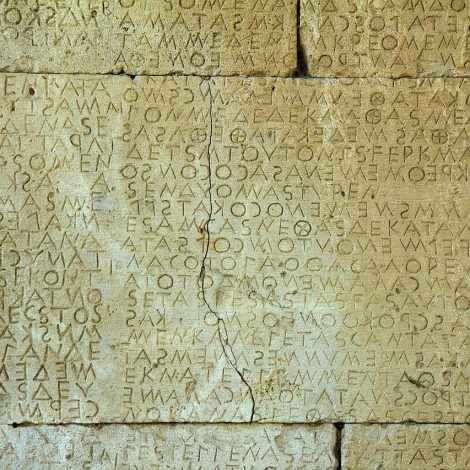Classes will be held in the premises of the Institute for Mediterranean Studies, in a stunning complex of buildings of the Venetian and Ottoman era. Accommodation will be provided by the House of Europe, hosted in a traditional refurbished building. Both classes and accommodation will be located in the scenic Old Town of Rethymno, allowing participants to explore also the post-classical history and culture of Crete and its Byzantine, Venetian, Ottoman and Modern Greek phases and elements.
Summer school
THE LOST WORLD OF ANCIENT CRETE (1-10 JULY 2019)
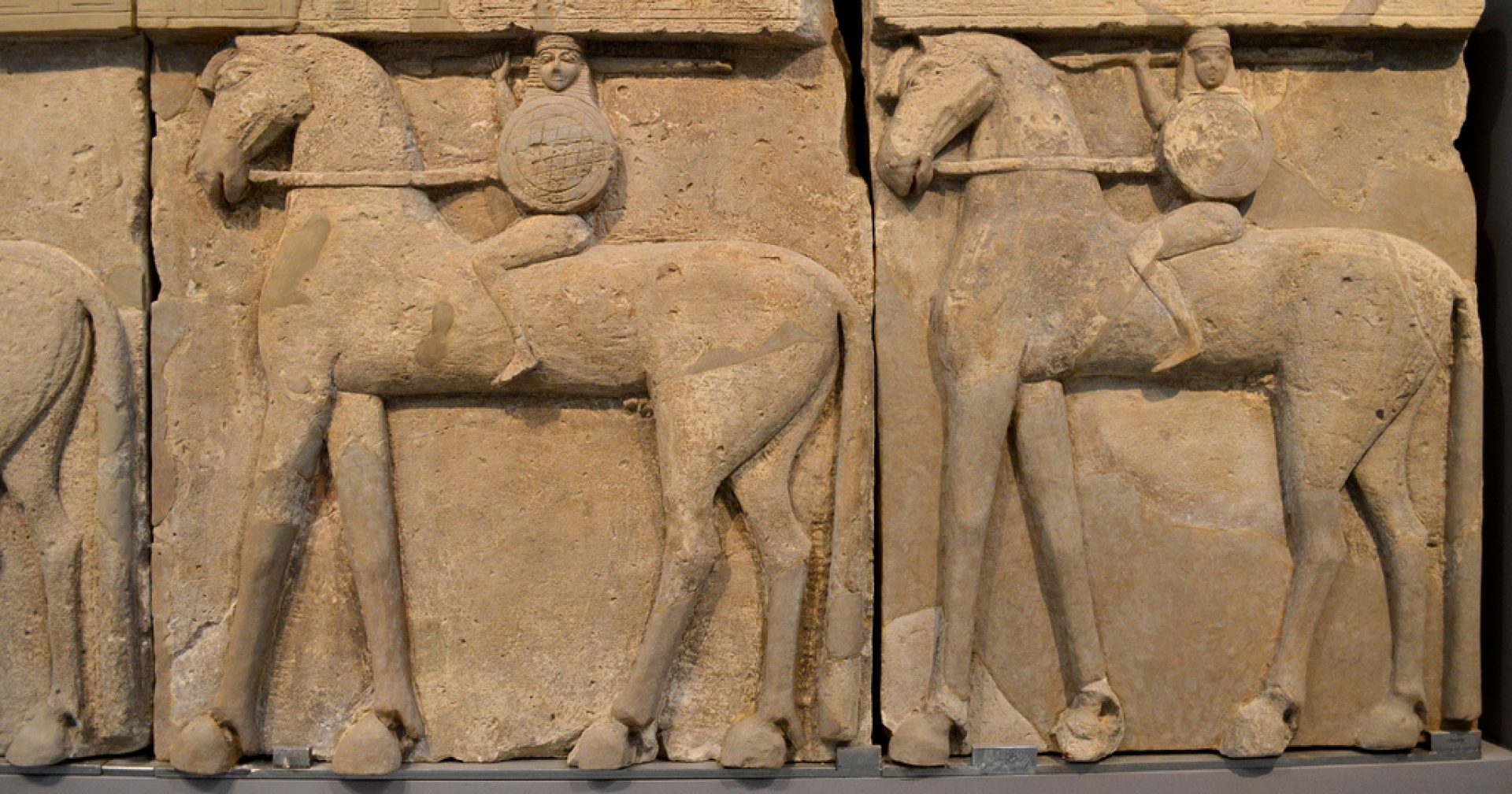
Summer school
1-10 July 2019
The Institute for Mediterranean Studies (Rethymno, Crete) organises a ten-day summer school on the civilization of ancient Crete.
The prehistoric civilization of Minoan Crete is world-famous and attracts major scholarly and lay attention. As for classical antiquity, the history and archaeology of Crete have largely remained outside wider purview and mainly explored by specialist scholars. This is despite the variety and fascinating nature of the existing sources about ancient Crete and the important questions and answers they provide.
The purpose of this summer school is to introduce participants to the lost world of ancient Crete and its history, archaeology and culture. The classes offered will explore politics and warfare; the development of institutions and laws; writing systems and their uses; economic and social conditions; sexuality and gender; religion; material and visual culture; the image of Crete and Cretans in ancient Greek literature.
READ MOREDays
Speakers
Seats
This summer school is addressed to undergraduate and graduate students in the fields of Classics, Ancient History, Archaeology, Philology, Near Eastern studies and Late Antique studies. There is a limited number of places available (between 10-15) in order to offer an intensive learning experience to all participants. The cost will be 650 euros, which covers the tuition fee, trips to archaeological sites, and accommodation.
Our Instructors
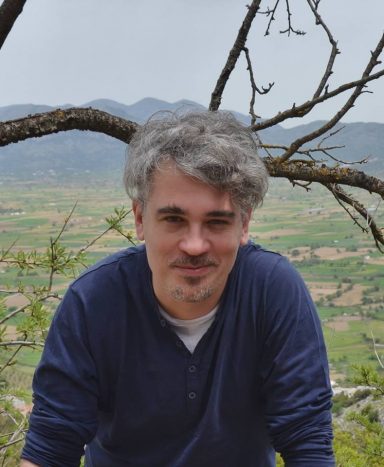
Kostas Vlassopoulos studied ancient history at the universities of Athens, Crete and Cambridge. Between 2005-2015 he worked as Lecturer and Associate Professor in Greek History at the University of Nottingham, before moving to the University of Crete where he is currently Assistant Professor in Ancient Greek History. His research interests include the social and economic history of the ancient Greek world, the history of slavery, the history of intercultural relations in antiquity, the history of political thought and the historiography of ancient history. He is the author of Unthinking the Greek Polis: Ancient Greek History beyond Eurocentrism (2007); Politics: Antiquity and its Legacy (2010); and Greeks and Barbarians (2013). He has co-edited the volumes Slavery, Citizenship and the State (2009); Communities and Networks in the Ancient Greek World (2015); and Violence and Community in the Eastern Mediterranean World (2017). He is currently co-editing the Oxford Handbook of Greek and Roman Slaveries.
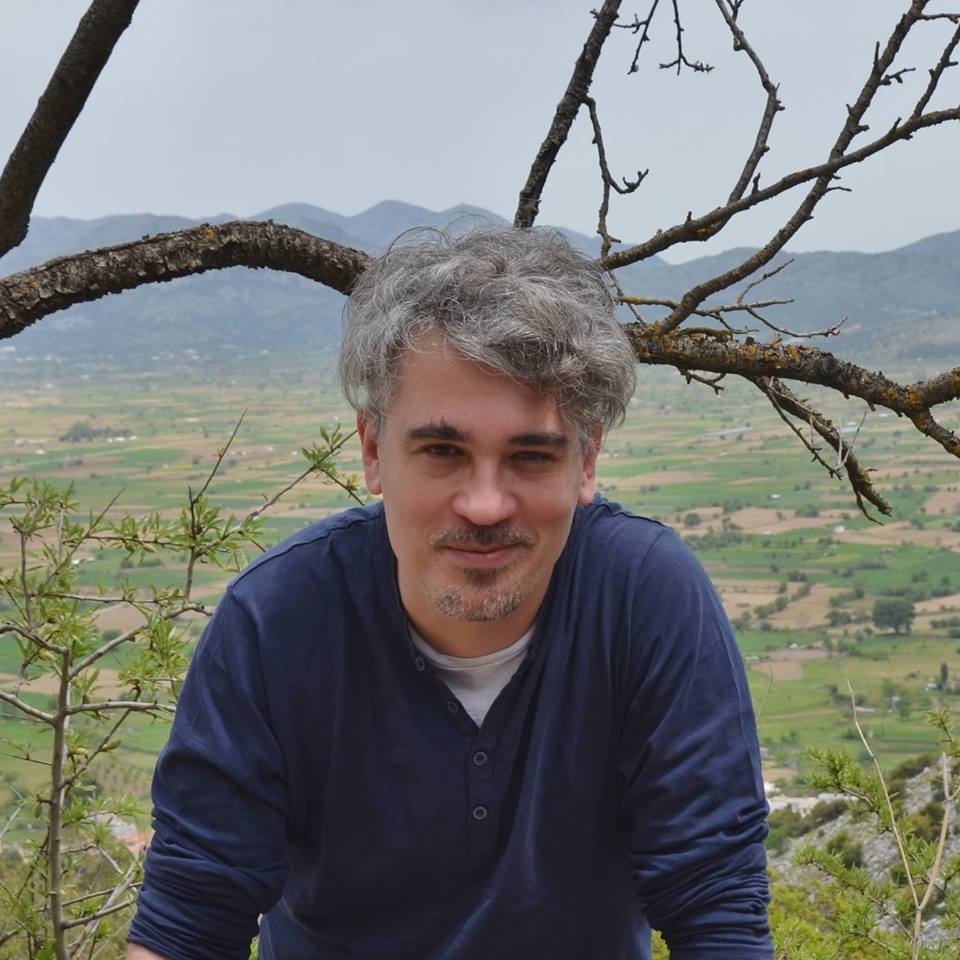
Kostas Vlassopoulos studied ancient history at the universities of Athens, Crete and Cambridge. Between 2005-2015 he worked as Lecturer and Associate Professor in Greek History at the University of Nottingham, before moving to the University of Crete where he is currently Assistant Professor in Ancient Greek History. His research interests include the social and economic history of the ancient Greek world, the history of slavery, the history of intercultural relations in antiquity, the history of political thought and the historiography of ancient history. He is the author of Unthinking the Greek Polis: Ancient Greek History beyond Eurocentrism (2007); Politics: Antiquity and its Legacy (2010); and Greeks and Barbarians (2013). He has co-edited the volumes Slavery, Citizenship and the State (2009); Communities and Networks in the Ancient Greek World (2015); and Violence and Community in the Eastern Mediterranean World (2017). He is currently co-editing the Oxford Handbook of Greek and Roman Slaveries.

Artemis Karnava is one of the editors of the corpus of Cypriot syllabic inscriptions of the 1st mill. BC for the series Inscriptiones Graecae of the Berlin-Brandenburg Academy of Sciences. She has a BA from the Department of History and Archaeology of the Aristotle University of Thessaloniki, Greece (1993), an MA from the Department of Archaeology of the University of Sheffield, UK (1995) and a PhD, with a thesis on the Cretan Hieroglyphic script of the 2nd mill. BC, from the Université Libre de Bruxelles, Belgium (2000). Her research interests include archaeology and epigraphy of the eastern Mediterranean from the 3rd to the 1st mill. BC. She has excavated extensively in different sites in Greece as a contract employee of the Greek Ministry of Culture, she has taught undergraduate and graduate courses at the University of Crete and has done post-doctoral research at the universities of Cambridge and Vienna.
She has just completed a book on seals, sealings and seal impressions from the site of Akrotiri in Thera (2018, CMS Beiheft 10, CMS-Heidelberg).

Artemis Karnava is one of the editors of the corpus of Cypriot syllabic inscriptions of the 1st mill. BC for the series Inscriptiones Graecae of the Berlin-Brandenburg Academy of Sciences. She has a BA from the Department of History and Archaeology of the Aristotle University of Thessaloniki, Greece (1993), an MA from the Department of Archaeology of the University of Sheffield, UK (1995) and a PhD, with a thesis on the Cretan Hieroglyphic script of the 2nd mill. BC, from the Université Libre de Bruxelles, Belgium (2000). Her research interests include archaeology and epigraphy of the eastern Mediterranean from the 3rd to the 1st mill. BC. She has excavated extensively in different sites in Greece as a contract employee of the Greek Ministry of Culture, she has taught undergraduate and graduate courses at the University of Crete and has done post-doctoral research at the universities of Cambridge and Vienna.
She has just completed a book on seals, sealings and seal impressions from the site of Akrotiri in Thera (2018, CMS Beiheft 10, CMS-Heidelberg).
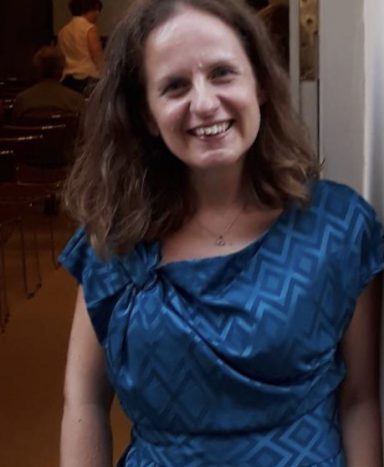
Melina Tamiolaki is an Associate Professor in Ancient Greek Literature at the University of Crete (Department of Philology). She specializes in Greek historiography. She is the author of the monograph Liberté et esclavage chez les historiens grecs classiques (Paris, Presses Universitaires Paris-Sorbonne, 2010). Besides numerous articles, she has also edited and co-edited the following collective volumes: (with Antonis Tsakmakis) Thucydides Between History and Literature (Berlin, Walter de Gruyter 2013), Comic Wreath. New Trends in the Study of Ancient Greek Comedy (Rethymnon 2014, Editions of the Faculty of Philosophy of the University of Crete-in modern Greek), Methodological Perspectives in Classical Studies. Old Problems and New Challenges (Heraklion 2017, Crete University Press-in modern Greek), (with A. Kampakoglou, A. Novokhatko et alii), Gaze, Vision, and Visuality in Ancient Greek Literature (Berlin, Walter de Gruyter, 2018), (with Nikos Miltsios), Polybius and his Legacy (Berlin, Walter de Gruyter, 2018), and Xenophon and Isocrates. Political Affinities and Literary Interactions (Thematic Issue of the Journal Trends in Classics, 2018).
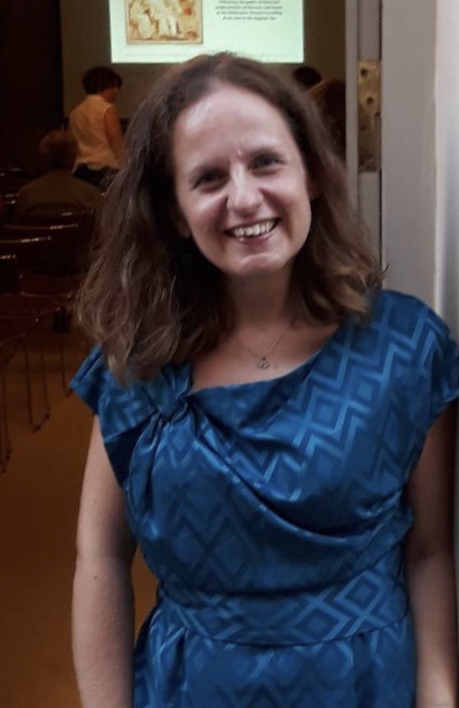
Melina Tamiolaki is an Associate Professor in Ancient Greek Literature at the University of Crete (Department of Philology). She specializes in Greek historiography. She is the author of the monograph Liberté et esclavage chez les historiens grecs classiques (Paris, Presses Universitaires Paris-Sorbonne, 2010). Besides numerous articles, she has also edited and co-edited the following collective volumes: (with Antonis Tsakmakis) Thucydides Between History and Literature (Berlin, Walter de Gruyter 2013), Comic Wreath. New Trends in the Study of Ancient Greek Comedy (Rethymnon 2014, Editions of the Faculty of Philosophy of the University of Crete-in modern Greek), Methodological Perspectives in Classical Studies. Old Problems and New Challenges (Heraklion 2017, Crete University Press-in modern Greek), (with A. Kampakoglou, A. Novokhatko et alii), Gaze, Vision, and Visuality in Ancient Greek Literature (Berlin, Walter de Gruyter, 2018), (with Nikos Miltsios), Polybius and his Legacy (Berlin, Walter de Gruyter, 2018), and Xenophon and Isocrates. Political Affinities and Literary Interactions (Thematic Issue of the Journal Trends in Classics, 2018).
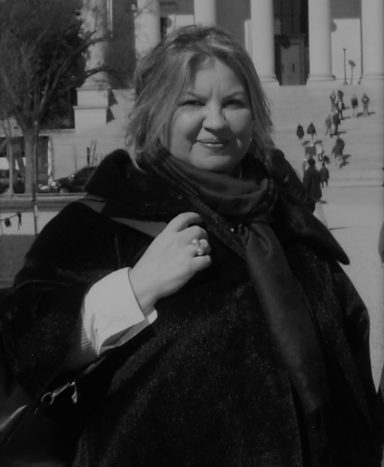
Androniki Oikonomaki studied Classical Philology at the University of Crete (BA and MA) and received her PhD in Classics (Local Alphabets of Archaic and Classical Crete) from the Aristotle University of Thessaloniki. She currently holds the position of Scientific and Laboratory Teaching Staff in the Department of Classics and is a member of the Epigraphy and Papyrology Laboratory of Aristotle University of Thessaloniki, Greece. As a CHS Harvard– AUTH Fellow in Hellenic Studies (2017-18) she worked on the topic of ethnic names in the Homeric epics (Ἀχαιοί, Ἀργεῖοι, Δαναοί: Revisiting the system of denomination of the Greeks in the Homeric epics). She is co-author, with Y. Z. Tzifopoulos, of an introductory book on Greek Epigraphy (Introduction to Greek Epigraphy: From the Eighth century to late antiquity, in Greek, 2016). She is also a contributor to Wiley Blackwell Encyclopedia of Ancient History and has published numerous articles in the field of epigraphy and ancient literacy. She is currently working on a monograph on local alphabets in Archaic and Classical Crete and on the publication of the inscriptions of North Pieria, Macedonia and of Prinias and Azorias, Crete. Her research interests include ancient Greek epigraphy, ancient Greek literature, ancient literacy, and Archaic and Classical history.
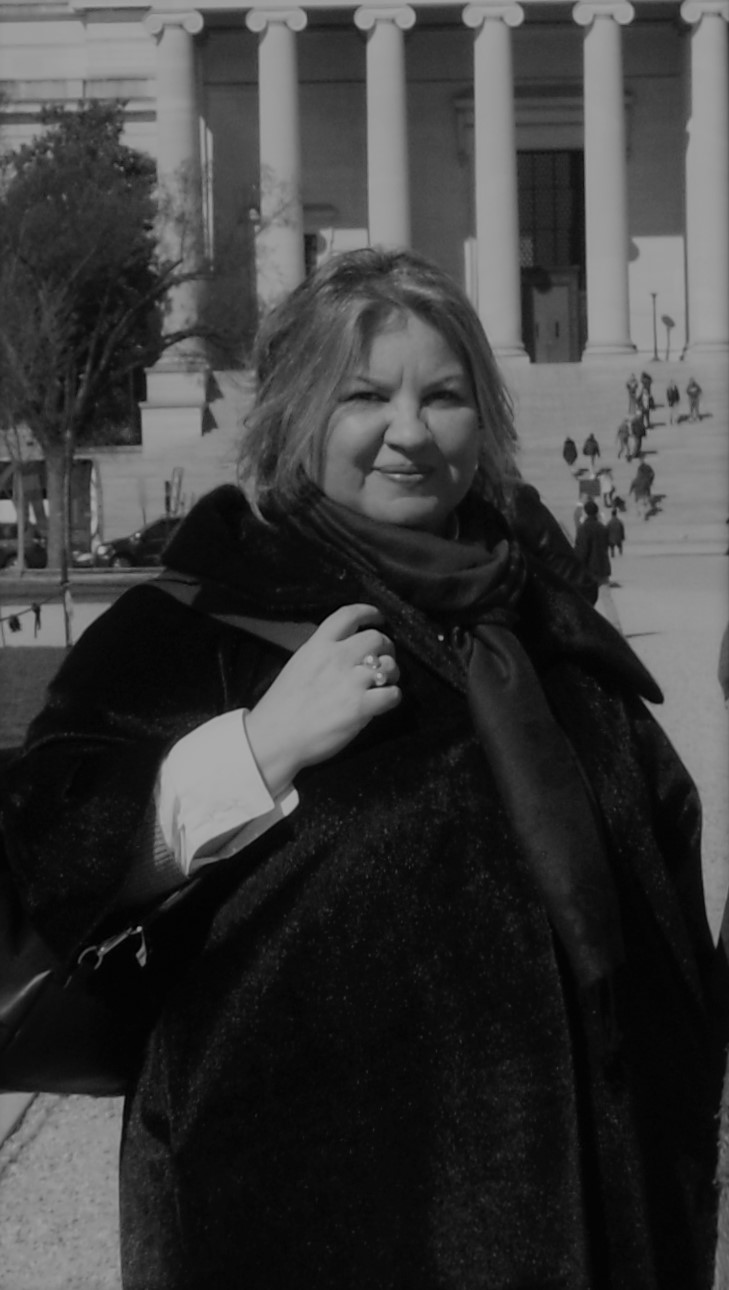
Androniki Oikonomaki studied Classical Philology at the University of Crete (BA and MA) and received her PhD in Classics (Local Alphabets of Archaic and Classical Crete) from the Aristotle University of Thessaloniki. She currently holds the position of Scientific and Laboratory Teaching Staff in the Department of Classics and is a member of the Epigraphy and Papyrology Laboratory of Aristotle University of Thessaloniki, Greece. As a CHS Harvard– AUTH Fellow in Hellenic Studies (2017-18) she worked on the topic of ethnic names in the Homeric epics (Ἀχαιοί, Ἀργεῖοι, Δαναοί: Revisiting the system of denomination of the Greeks in the Homeric epics). She is co-author, with Y. Z. Tzifopoulos, of an introductory book on Greek Epigraphy (Introduction to Greek Epigraphy: From the Eighth century to late antiquity, in Greek, 2016). She is also a contributor to Wiley Blackwell Encyclopedia of Ancient History and has published numerous articles in the field of epigraphy and ancient literacy. She is currently working on a monograph on local alphabets in Archaic and Classical Crete and on the publication of the inscriptions of North Pieria, Macedonia and of Prinias and Azorias, Crete. Her research interests include ancient Greek epigraphy, ancient Greek literature, ancient literacy, and Archaic and Classical history.
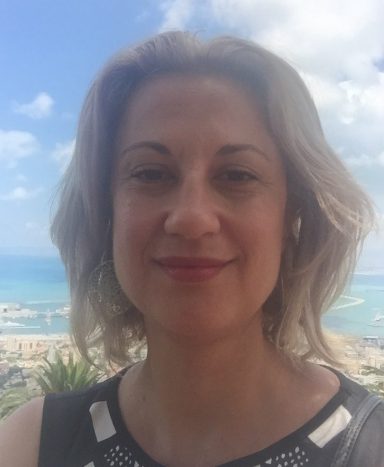
Zacharoula Petraki studied Classics at the universities of Crete (BA) and Birmingham (MA, PhD). She is currently an Assistant Professor in the Department of Philology at the University of Crete. She is the author of the book The Poetics of Philosophical Language: Plato, Poets and Presocratics in the Republic (De Gruyter, 2011) and of several articles on Plato's relation to poetry and on his reception of the arts of his time.
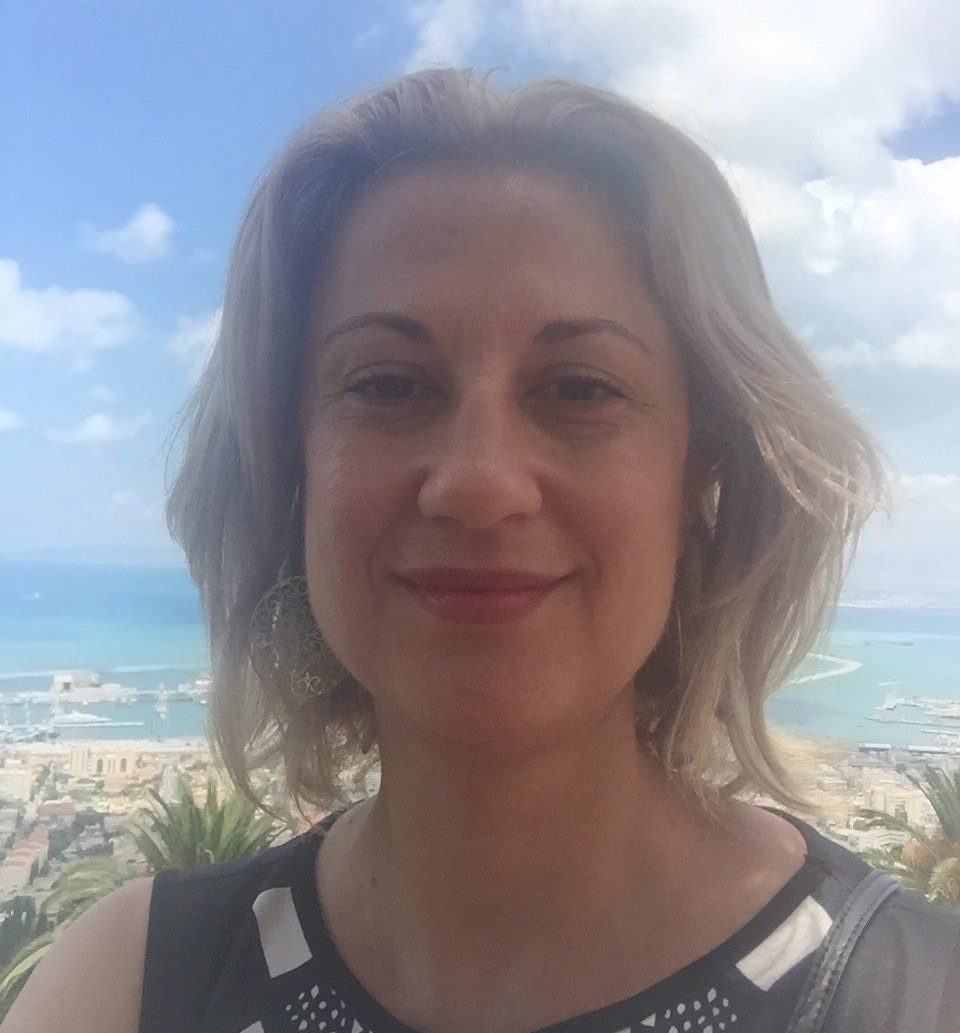
Zacharoula Petraki studied Classics at the universities of Crete (BA) and Birmingham (MA, PhD). She is currently an Assistant Professor in the Department of Philology at the University of Crete. She is the author of the book The Poetics of Philosophical Language: Plato, Poets and Presocratics in the Republic (De Gruyter, 2011) and of several articles on Plato's relation to poetry and on his reception of the arts of his time.

Antonios Sp. Vasilakis studied Archaeology and History of Art (BA) in the Aristotle University of Thessaloniki and received his PHD in Prehistoric Archaeology (‘Gold and Silver in Bronze Age Crete’, published in 1992). He worked in the Greek Archaeological Service of Iraklion (1978-2010) and as Director of Prehistoric and Classical Antiquities in Kefallinia. Since 2011 he is retired as Director Emeritus of Antiquities.

Antonios Sp. Vasilakis studied Archaeology and History of Art (BA) in the Aristotle University of Thessaloniki and received his PHD in Prehistoric Archaeology (‘Gold and Silver in Bronze Age Crete’, published in 1992). He worked in the Greek Archaeological Service of Iraklion (1978-2010) and as Director of Prehistoric and Classical Antiquities in Kefallinia. Since 2011 he is retired as Director Emeritus of Antiquities.
Contact Us
For further information and enquiries please email summerschool@ims.forth.gr
Send Message
If you have any questions or just want to get in touch, use the form below. We look forward to hearing from you!
Contact Information
- Emailsummerschool@ims.forth.gr
- AddressNik. Foka 130, Rethymno 74100, Crete
